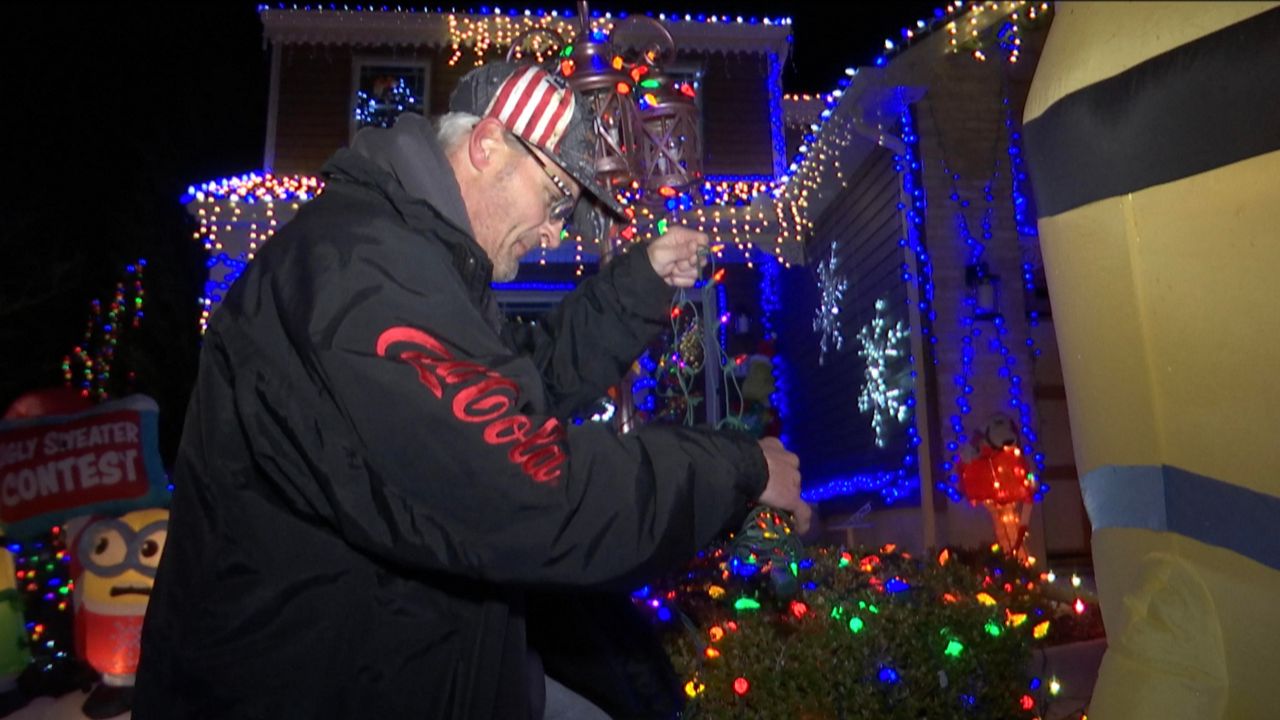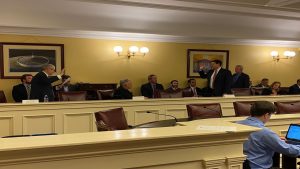The U.S. Supreme Court agreed Monday to hear arguments in a second appeal by the Biden administration as it tries to rescue its student debt forgiveness plan.
What You Need To Know
- The U.S. Supreme Court agreed Monday to hear arguments in a second appeal by the Biden administration as it tries to rescue its student debt forgiveness plan
- The lawsuit was filed in Texas by two student loan borrowers — Myra Brown and Alexander Taylor — who are not fully eligible for loan forgiveness, and backed by the conservative advocacy group the Job Creators Network Foundation
- They argue the Biden administration failed to follow the proper procedures for establishing the rule that would cancel billions of dollars in debt and that they were not given an opportunity to comment before the rule was implemented
- On Dec. 1, the Supreme Court said it would take up a separate lawsuit filed by a coalition of six Republican-led states challenging the plan
The lawsuit was filed in Texas by two student loan borrowers — Myra Brown and Alexander Taylor — who are not fully eligible for loan forgiveness, and backed by the conservative advocacy group the Job Creators Network Foundation. They argue the Biden administration failed to follow the proper procedures for establishing the rule that would cancel billions of dollars in debt and that they were not given an opportunity to comment before the rule was implemented.
Biden’s plan promises $10,000 in federal student debt forgiveness to those with incomes of less than $125,000, or households earning less than $250,000. Pell Grant recipients, who typically demonstrate more financial need, are eligible for an additional $10,000 in relief.
The Congressional Budget Office has said the program will cost about $400 billion over the next three decades.
More than 26 million people already applied for the relief, with 16 million approved, but the Education Department stopped processing applications last month after a federal judge in Texas struck down the plan.
U.S. District Judge Mark Pittman, who was appointed by former President Donald Trump, agreed, ruling last month that the program was unlawful because the administration overstepped its authority.
“In this country, we are not ruled by an all-powerful executive with a pen and a phone,” Pittman wrote in his order. “Instead, we are ruled by a Constitution that provides for three distinct and independent branches of government.”
The New Orleans-based U.S. Court of Appeals for the 5th Circuit upheld Pittman’s order a few weeks later.
The White House said it disagreed with the decision.
“The President and this Administration are determined to help working and middle-class Americans get back on their feet, while our opponents — backed by extreme Republican special interests — sued to block millions of Americans from getting much-needed relief,” White House press secretary Karine Jean-Pierre said in a statement after Pittman’s ruling.
On Dec. 1, the Supreme Court said it would take up a separate lawsuit filed by a coalition of six Republican-led states challenging the plan. The 8th U.S. Circuit Court of Appeals in St. Louis issued an injunction in that lawsuit blocking Biden’s program from taking effect. The Supreme Court kept that injunction in place.
The justices are expected to hear arguments in the cases in late February or early March and issue their ruling by the end of June.
The Biden administration has extended through the end of August a pause on student loan payments that began during the COVID-19 pandemic.
The Associated Press contributed to this report.




